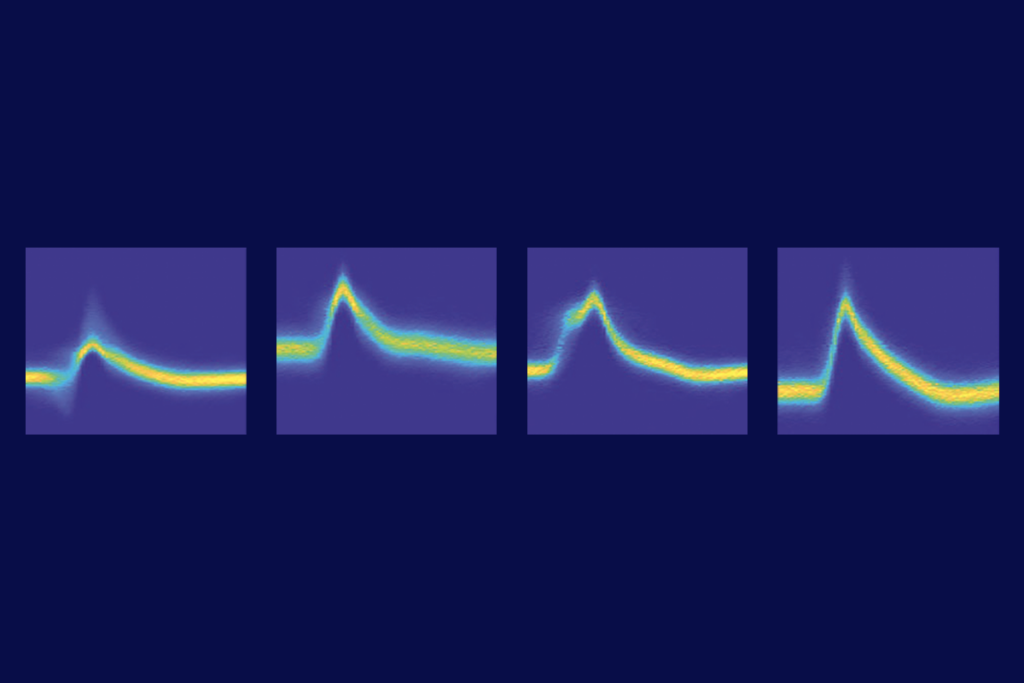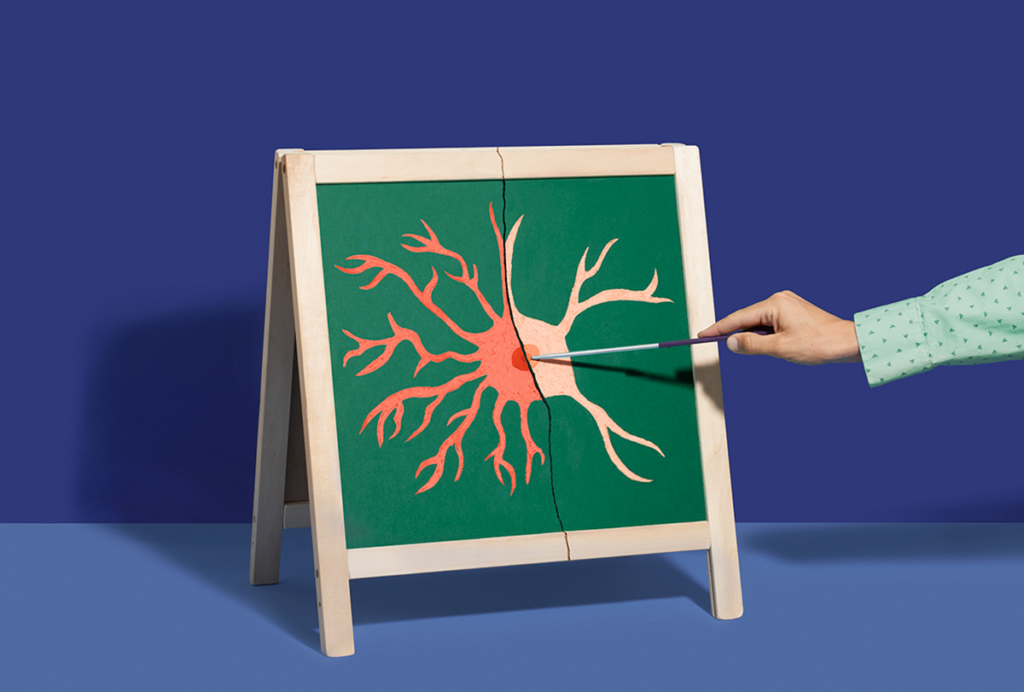Broad 2013
Recent articles
Iceland study characterizes autism-linked genetic regions
Duplications and deletions of large chromosomal regions are associated with intellectual disability, cognitive deficits and a low likelihood of having children, according to a population-wide study in Iceland. The results were presented Monday at a conference in Cambridge, Massachusetts.

Iceland study characterizes autism-linked genetic regions
Duplications and deletions of large chromosomal regions are associated with intellectual disability, cognitive deficits and a low likelihood of having children, according to a population-wide study in Iceland. The results were presented Monday at a conference in Cambridge, Massachusetts.
In autism, intellectual disability ramps up new mutations
Spontaneous mutations are elevated in people with autism, but only in those who also have intellectual disability, according to unpublished data presented yesterday at a conference in Cambridge, Massachusetts.

In autism, intellectual disability ramps up new mutations
Spontaneous mutations are elevated in people with autism, but only in those who also have intellectual disability, according to unpublished data presented yesterday at a conference in Cambridge, Massachusetts.
Explore more from The Transmitter
INSAR takes ‘intentional break’ from annual summer webinar series
The International Society for Autism Research cited a need to “thoughtfully reimagine” its popular online program before resuming it in 2026.

INSAR takes ‘intentional break’ from annual summer webinar series
The International Society for Autism Research cited a need to “thoughtfully reimagine” its popular online program before resuming it in 2026.
Null and Noteworthy: Neurons tracking sequences don’t fire in order
Instead, neurons encode the position of sequential items in working memory based on when they fire during ongoing brain wave oscillations—a finding that challenges a long-standing theory.

Null and Noteworthy: Neurons tracking sequences don’t fire in order
Instead, neurons encode the position of sequential items in working memory based on when they fire during ongoing brain wave oscillations—a finding that challenges a long-standing theory.
How to teach this paper: ‘Neurotoxic reactive astrocytes are induced by activated microglia,’ by Liddelow et al. (2017)
Shane Liddelow and his collaborators identified the factors that transform astrocytes from their helpful to harmful form. Their work is a great choice if you want to teach students about glial cell types, cell culture, gene expression or protein measurement.

How to teach this paper: ‘Neurotoxic reactive astrocytes are induced by activated microglia,’ by Liddelow et al. (2017)
Shane Liddelow and his collaborators identified the factors that transform astrocytes from their helpful to harmful form. Their work is a great choice if you want to teach students about glial cell types, cell culture, gene expression or protein measurement.